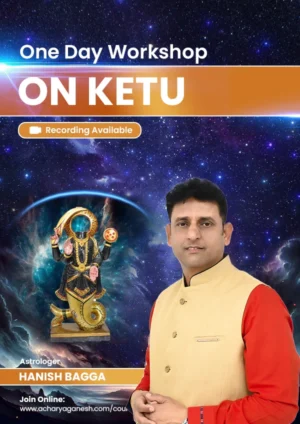Introduction to Story of Astrology
Hey there, stargazers and cosmic curious! Have you ever looked up at the night sky and wondered how those twinkling dots became part of our daily horoscopes? Well, Story of Astrology you’re in for a treat because we’re about to embark on a friendly journey through the fascinating world of astrology.
The Ancient Roots of Astrology
Astrology isn’t just some new-age fad; it’s been around for ages! Ancient civilizations like the Babylonians, Egyptians, and Greeks were totally into it. They’d spend hours studying the stars and planets, trying to figure out what they meant for us earthlings.
I remember when I first learned about this in school. It blew my mind to think that people thousands of years ago were doing something so similar to what we do today with horoscopes. It’s like they were the original Stargazers!
The Zodiac: More Than Just Your Birthday Sign
Okay, so we all know our star signs, right? But there’s so much more to the zodiac than just knowing if you’re a stubborn Taurus or a dreamy Pisces. The zodiac is like a cosmic pie, divided into twelve slices, each with its personality and traits.
Here’s a fun fact: the zodiac signs are based on constellations that the sun appears to pass through during the year. It’s like the sun is taking a celestial road trip, and each stop along the way gives us a different astrological flavor.
Read Also: Horoscope Hype: Magazine Astrology Hidden Truths
Planets and Their Influence
Now, let’s talk about the planets. In astrology, they’re like the main characters in a cosmic play. Each planet has its personality and job:
- Sun: The star of the show (pun intended!), representing our core self
- Moon: The emotional one, influencing our feelings and instincts
- Mercury: The chatterbox, ruling communication and thought
- Venus: The lover, all about relationships and beauty
- Mars: The warrior, bringing energy and drive
And that’s just the start! Jupiter, Saturn, Uranus, Neptune, and even little Pluto all have their parts to play.
How Astrologers Read the Stars
So, how do astrologers figure out what the stars are saying? It’s not just about looking through a telescope (though that’s pretty cool too). They use something called a birth chart or natal chart.
Imagine it’s like a snapshot of the sky at the exact moment you were born. Astrologers look at where all the planets were at that time and how they relate to each other. It’s like a cosmic puzzle they’re trying to solve.
I once had my birth chart done, and I was amazed at how detailed it was. It felt like the astrologer knew things about me that even my closest friends didn’t!
The Modern Revival of Astrology
Astrology has had its ups and downs over the years, but lately, it’s been making a big comeback. You see it everywhere – in magazines, on social media, and even in casual conversations with friends.
For interesting astrology-related videos, subscribe to us on Youtube
I think part of the reason is that in our fast-paced, digital world, people are looking for something that feels personal and meaningful. Astrology gives us a way to reflect on ourselves and our relationships in a fun, relatable way.
Criticism and Skepticism
Now, I know what some of you might be thinking – “Isn’t this all just made up?” And you’re not alone. There are plenty of skeptics out there who say astrology isn’t scientific.
And you know what? That’s okay. Astrology isn’t meant to be a hard science. It’s more like a tool for self-reflection and understanding. Whether you believe in it or not, Story of Astrology it can still be a fun way to think about your life and personality.
Conclusion
So there you have it, Story of Astrology folks! From ancient star charts to today’s horoscope apps, Story of Astrology astrology has come a long way. Whether you’re a true believer or just enjoy reading your horoscope for fun, there’s no denying that astrology has left its mark on human culture.
Next time you look up at the night sky, Story of Astrology remember – those stars have been telling stories for thousands of years. Story of Astrology What story will they tell you?




























